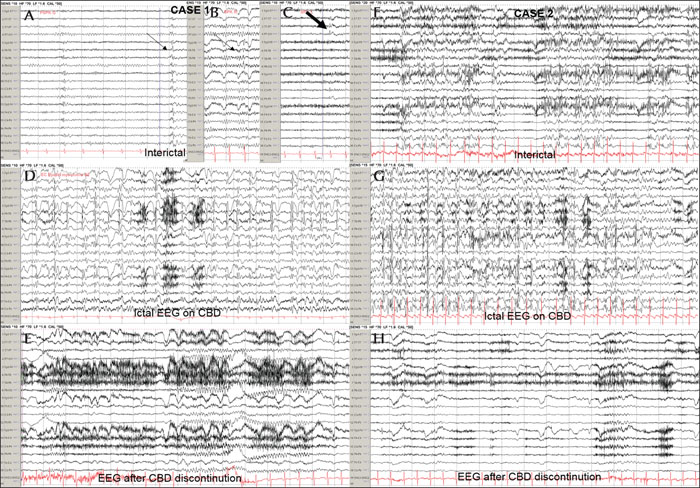Epileptic Disorders
MENUExacerbation of eyelid myoclonia in patients with epilepsy and eyelid myoclonia receiving cannabidiol Volume 23, numéro 6, December 2021
- Mots-clés : Jeavons syndrome, eyelid myoclonia, generalized epilepsy, CBD, cannabidiol
- DOI : 10.1684/epd.2021.1338
- Page(s) : 906-10
- Année de parution : 2021
Epilepsy with eyelid myoclonia or Jeavons Syndrome (JS) is a childhood genetic generalized epilepsy. Its clinical features include eyelid myoclonia (hallmark) with or without brief absences, eyelid closure-induced seizures and/or electroencephalographic (EEG) paroxysms (generalized polyspikes and/or generalized spike-wave activity at 3-6 Hz, elicited by closure of eyelid) and photosensitivity. Broad-spectrum anti-seizure medications are often utilized for the management of JS patients. A wide variety of medications may be utilized especially in refractory cases. Efficacy or safety of cannabidiol (CBD) for JS has not been studied. We describe two cases of exacerbation of eyelid myoclonia in JS which correlated with CBD use and resolved after CBD discontinuation. These cases highlight that caution should be practiced when using CBD for JS as it can potentially worsen eyelid myoclonia.


